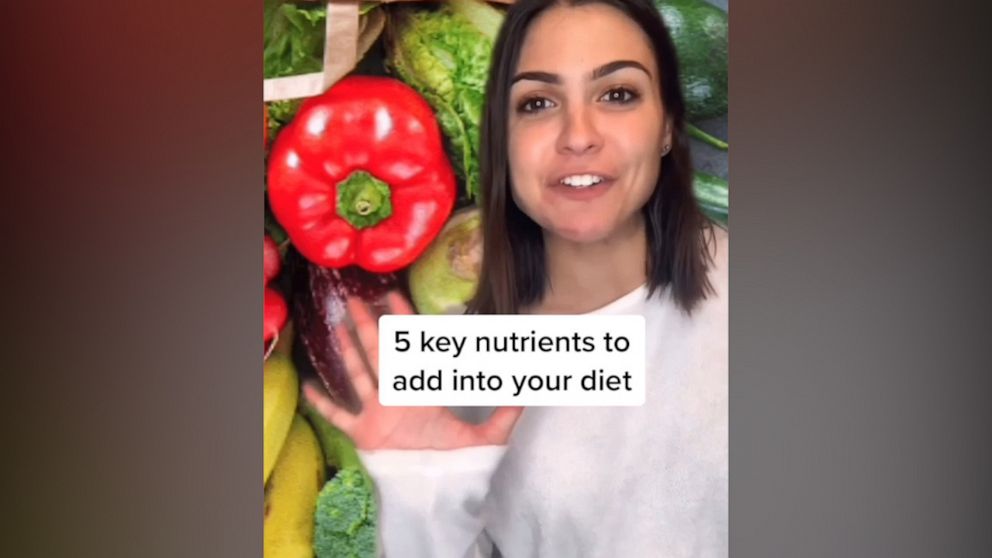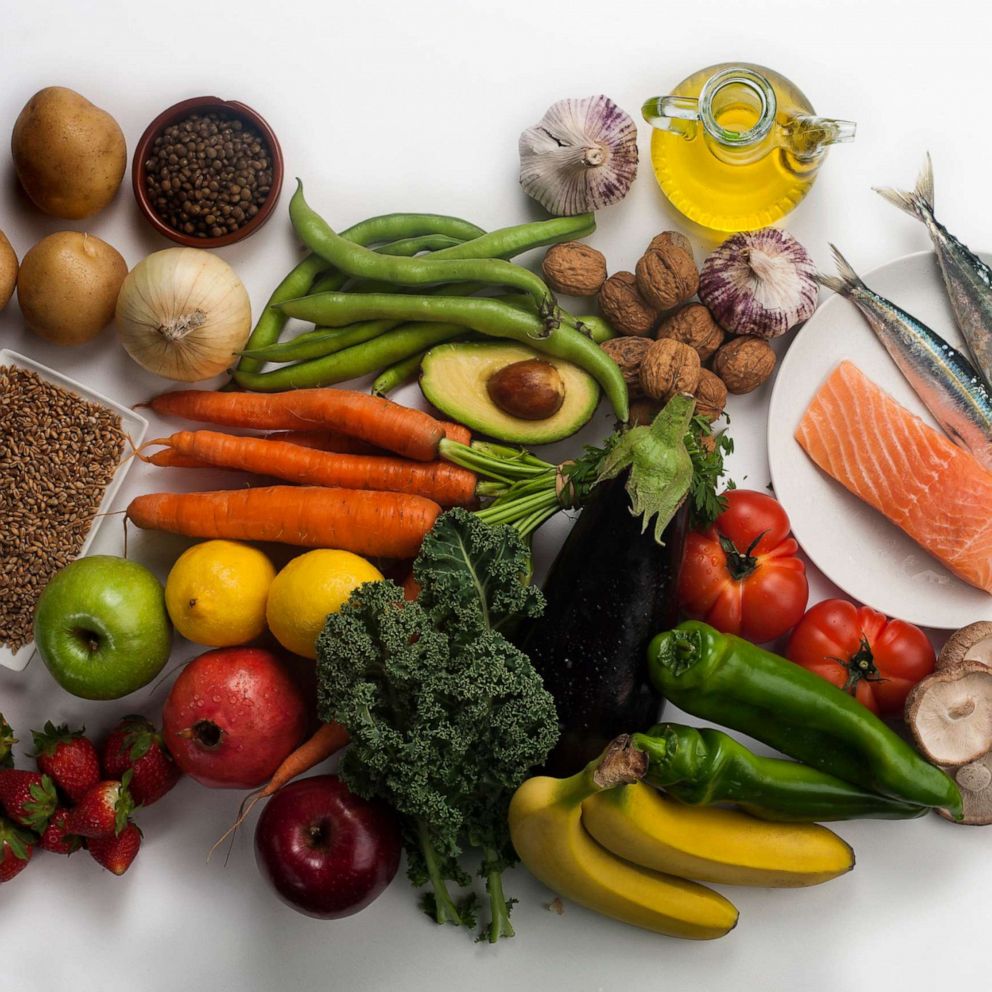Welcome to GMA's New Year, New Start. As we ring in the new year, we are sharing everything you need to kick off this year anew. From boosting your mental health to finding the tips and inspiration to become your strongest self, we have you covered.
The past nearly one year of the coronavirus pandemic has taught us that health is more important now than ever, and that how we take care of our bodies goes beyond just weight loss and superficial reasons.
Eating well not only helps with sleep, stress and energy, but also helps boost the immune system and reduces the risk of chronic diseases, according to Steph Grasso, a Virginia-based registered dietitian who has nearly 2 million followers on TikTok.
The immune system is the network of cells and proteins in our bodies that keeps us alive by defending against infections from bacteria, viruses and more. Adding foods to your diet can help improve the strength of your immune system, according to Grasso.
"Many people believe that restricting foods or taking foods out of their diet is the only way to achieve their health goals," she told "Good Morning America." "What people don't realize is that adding foods to your diet can actually help one reach their health goals without feeling deprived."
"I like to ask myself, 'What do I need to add to make this meal more balanced?,'" she said.
Here are five important nutrients, and the foods that have them, to add to your meals to help boost immunity, according to Grasso.

1. Protein is the macronutrient that provides building blocks for immune cells to use to protect us from infections, according to Grasso.
Find it in meat, eggs, legumes, fish, tofu, seeds, yogurt, cottage cheese, nuts and nut butter.
2. Vitamin D activates and regulates immunity cells in the body and could help prevent autoimmunity, according to Grasso.
Find it in fatty fish, egg yolk, mushrooms, liver and vitamin D-fortified milk.
3. Vitamin C builds healthy tissue to resist the entry of bacteria and viruses into the body, according to Grasso.
Find it in bell peppers, broccoli, Brussel sprouts, citrus, potatoes, dark leafy greens, strawberries, mangoes and tomatoes.
4. Zinc promotes cellular synthesis of new infection fighting molecules in immune cells and promotes wound healing, according to Grasso.
Find it in beans, eggs, whole grains, shellfish, wheat, peanut butter and animal products.
5. Vitamin E protects our cells from free radicals [unstable atoms that can damage cells and cause illness and aging] and helps adjust immune responses to infections, according to Grasso.
Find it in whole grains, leafy greens, egg yolks, legumes, nuts, sunflower seeds and vegetable oils.






